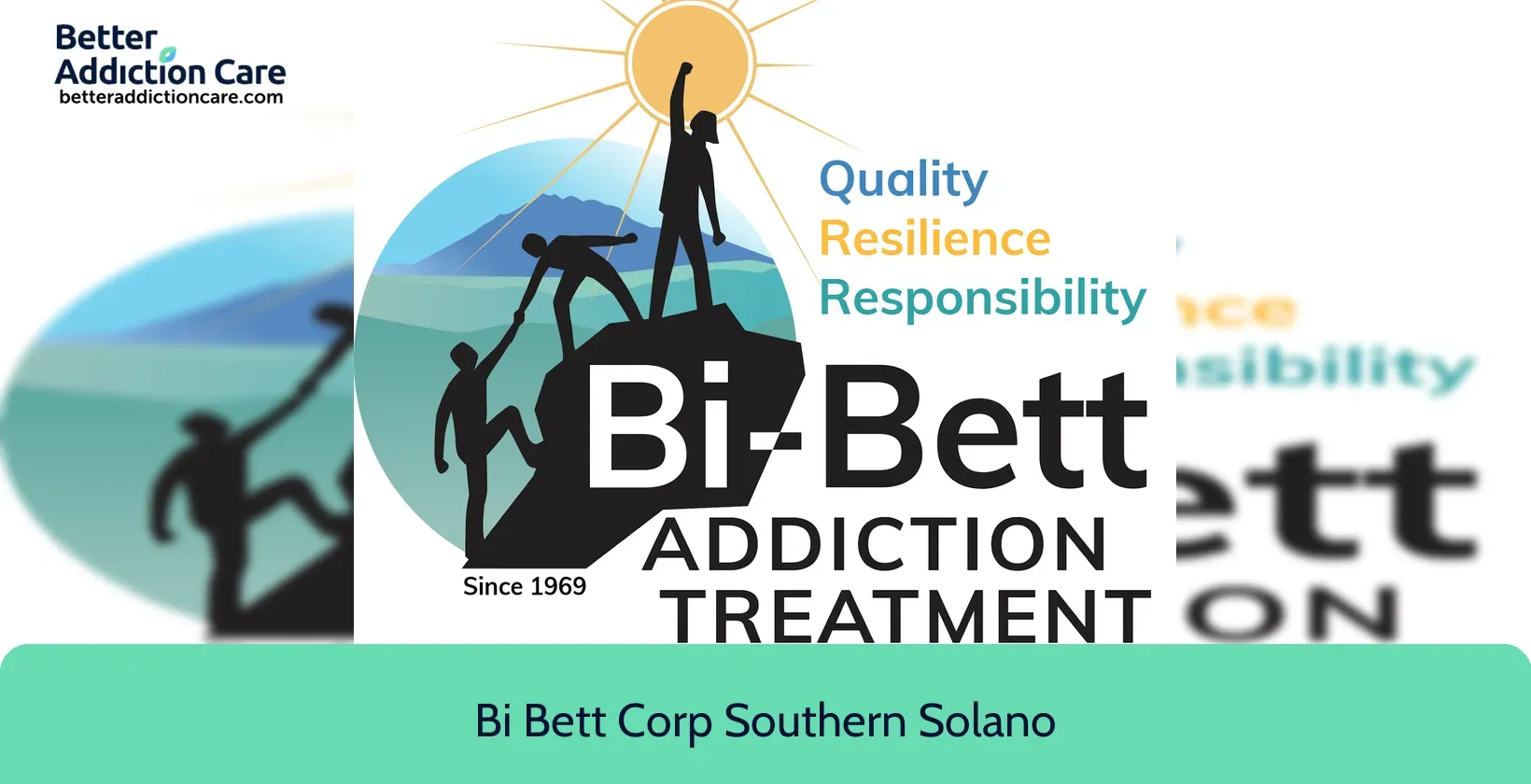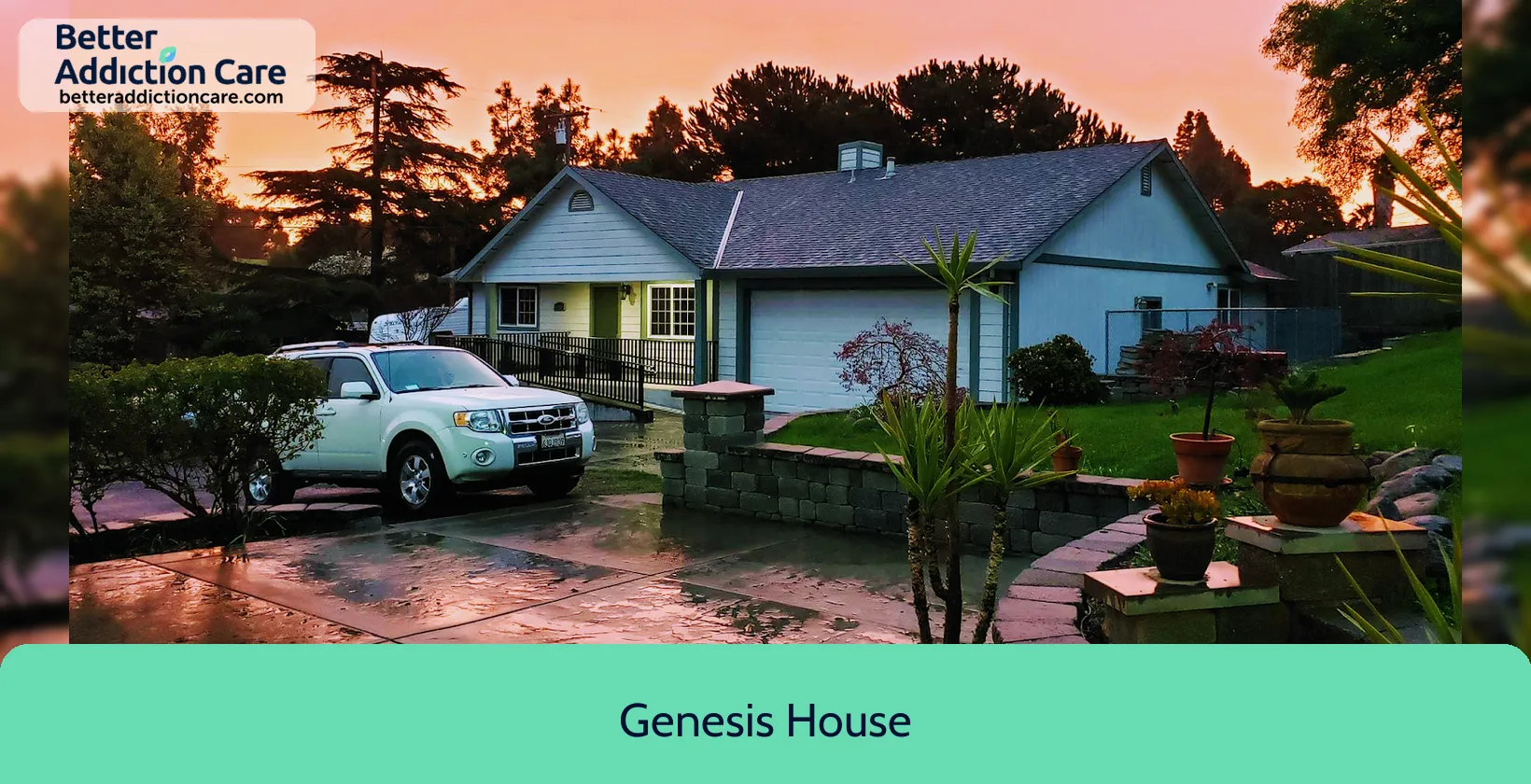House of Acts II

Overview
House of Acts II is a substance abuse treatment center for people seeking treatment near Solano County. As part of their treatment modalities for recovery, House of Acts II provides 12-step facilitation, nutrition therapy, and group counseling during treatment. House of Acts II is located in Vallejo, California, accepting cash or self-payment for treatment.
House of Acts II at a Glance
Payment Options
- Cash or self-payment
- Medicare
- Sliding fee scale (fee is based on income and other factors)
- Monthly
Assessments
- Comprehensive mental health assessment
- Comprehensive substance use assessment
Age Groups
- Adults
- Young adults
Operation
- Private non-profit organization
Highlights About House of Acts II
6.59/10
With an overall rating of 6.59/10, this facility has following balanced range of services. Alcohol Rehabilitation: 8.00/10, Drug Rehab and Detox: 6.00/10, Insurance and Payments: 6.00/10, Treatment Options: 6.36/10.-
Alcohol Rehabilitation 8.00
-
Treatment Options 6.36
-
Drug Rehab and Detox 6.00
-
Insurance and Payments 6.00
Treatment At House of Acts II
Treatment Conditions
- Mental health treatment
- Alcoholism
- Opioid Addiction
- Substance use treatment
- Co-occurring Disorders
Care Levels
- Detoxification
- Aftercare
- Halfway house
- Hospital inpatient treatment
Treatment Modalities
- 12-step facilitation
- Nutrition Therapy
- Group counseling
- Life Skills
Ancillary Services
Special Programs
- Clients with HIV or AIDS
Get Help Now
Common Questions About House of Acts II
Contact Information
Other Facilities in Vallejo

6.62

6.68

6.85

6.88

6.65

6.71
DISCLAIMER: The facility name, logo and brand are the property and registered trademarks of Genesis House, and are being used for identification and informational purposes only. Use of these names, logos and brands shall not imply endorsement. BetterAddictionCare.com is not affiliated with or sponsored by Genesis House.
